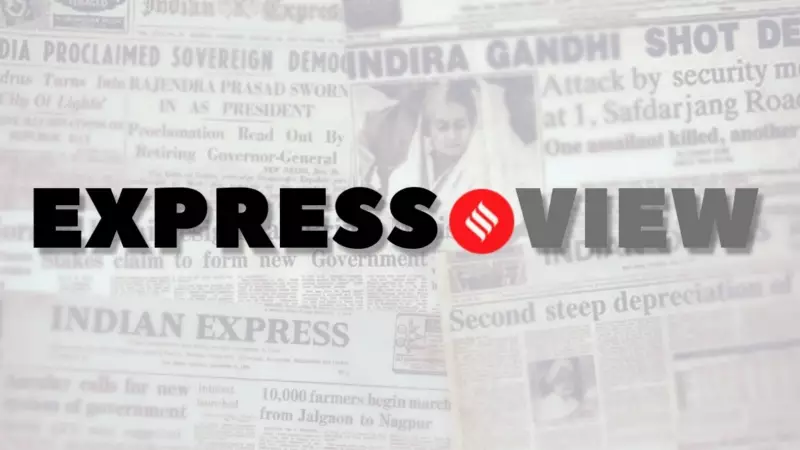
The political battleground of Bihar is witnessing a concerning trend that threatens the very fabric of democratic processes. As election campaigns gain momentum, political parties are increasingly resorting to what can only be described as a dangerous auction of freebies, making extravagant promises without considering the long-term consequences.
The Fiscal Time Bomb
This rampant culture of offering free goods and services to voters raises critical questions about fiscal responsibility. When political parties make unsustainable commitments during election seasons, they essentially mortgage the state's future economic health for short-term electoral gains. The real cost of these freebies often becomes apparent only after the elections, when the state treasury struggles to meet these obligations.
Beyond Immediate Gratification
While the immediate appeal of free electricity, cash transfers, and other benefits is undeniable, this approach fundamentally undermines the democratic process. It reduces complex governance issues to simplistic transactions and shifts focus from sustainable development to temporary handouts. The electorate deserves more than just immediate gratification—they deserve comprehensive policies that address root causes of poverty and underdevelopment.
The Democracy Dilemma
This trend creates a vicious cycle where:
- Voters come to expect freebies as entitlement
- Parties feel compelled to outbid each other
- Substance-based campaigning takes a backseat
- Long-term planning becomes secondary to immediate voter appeasement
A Call for Responsible Politics
The current scenario in Bihar serves as a crucial wake-up call for Indian democracy. There's an urgent need for political parties to shift from populist measures to substantive policy discussions. Voters, too, must recognize that sustainable development and good governance matter more than temporary benefits that could compromise the state's financial stability for years to come.
As Bihar goes to polls, the real question isn't which party offers more, but which vision offers better, more sustainable governance for future generations.






